Every business needs a cheerleader, and Tisha Hammond has been one for small businesses for the last five years. Her Farmington Hills-based Ascent Small Business Promotion LLC, popularly known as From Launch to Ascent, offers consulting services, online training, inspirational talks, business retreats and more.
While Hammond calls her blog Pep Talk, she’s by no means just a pompom-brandishing cheerleader. She was a badge-and-gun-carrying police officer for 10 years. She spent 21 years working for the government, the last part of that service conducting equal employment opportunity investigations.

Seeing 2020: Business Cheerleader’s Advice For Success in New Year
Seeing 2020: Business Cheerleader’s Advice for Success in New Year
BY PAMELA A. ZINKOSKY
Farmington
While Hammond calls her blog Pep Talk, she’s by no means just a pompom-brandishing cheerleader. She was a badge-and-gun-carrying police officer for 10 years. She spent 21 years working for the government, the last part of that service conducting equal employment opportunity investigations.

TISHA HAMMOND
FOUNDER, FROM LAUNCH TO ASCENT
In 2014, both her brother and sister, neither of them yet 40, died. In addition, she and her husband mourned the passing that year of 24 other people they knew. It was a tragic year that ended with a “moment of clarity,” she said.
On Nov. 29, 2014 — yes, she recalls the exact date — she had a dream that featured the Ascent logo in its blue and gold colors and the “Small Business Cheerleader” tagline. “It was one of those dreams I didn’t forget,” she said.
Not much later, she took a test at work to find her “dream job,” which came up as either in public affairs — her husband’s field — or as a small-business promoter. “I said, ‘What’s a small business promoter?’ ” she said with a laugh.
Hammond ran Ascent out of her home from January 2015 through March 2017 while still working for the government. In 2018, she retired, going full-time with Ascent in March of that year. That’s when she opened her office, an appointment-only consulting space that includes a meeting room for clients and an area for in-person training sessions.
Positive sayings adorn the walls of her office, which features a flat-screen television, plus a small treadmill and a stair-stepper, so she can get in some exercise while conducting calls or catching the news.
Adjacent to her office sits her husband’s photography and videography company. Hammond sometimes borrows his equipment to record videos or snap photos for her business’ social media pages. Before her interview with Local Business News, she posted a video saying she was praying for clarity in conveying her message — an idea that’s relevant for all business owners.
Check Out This Week's Farmington City News
- Build community. “Envelope yourself in a community — a team of people who will fuel you, share resources, help you change course when necessary, introduce clients,” said Hammond, who has done this throughout her career. She keeps a networking table with business cards from her clients and associates, and she never discounts the value of belonging to an organization of like-minded people. A fellow member of the Greater Farmington Area Chamber of Commerce, for example, helped connect her to a women’s organization in Bosnia. She formed a partnership with that organization to teach classes for her online training academy.
- Know your financials. “The IRS will consider your business a hobby if you’re not profitable,” Hammond said. It’s important to work toward making a profit and know what it takes to get there.
- Get a mentor. If a natural mentor hasn’t emerged for you, or if you’re shy about asking someone, check out www.score.org, Hammond suggests.
- Build capacity, and prepare for scaling. Hammond tells stories about people who had a product, did a media interview and then received more orders than they could fill. It’s a good problem to have, but it can be avoided, she said. Think in terms of scalability. Devise ways to contract for extra help as needed, or build an inventory you can draw upon.
- Invest your own money. “You have to put some skin in the game,” said Hammond, noting that five years ago she would have advised clients not to use their own money for startup costs. With experience, she’s learned that if you have invested dollars, you’re going to work that much harder on your business.
- Do your legwork. “I have to find people where they are,” Hammond says. That means email, Facebook, Instagram and even Pinterest. For her part, Hammond is calling people from whom she’s collected business cards and asking for their email addresses so she can send them the weekly newsletter, Inspiration for Your Inbox, she plans to start. That’s something she wouldn’t have done five years ago, but recognizes the need for today.
- Use your time wisely. Five years ago, Hammond said, she would have told business owners to go to every networking event they could find. Now, she says, business owners need to be selective and go to those that make sense. She advises putting the phone away, too; mindless Facebook and LinkedIn scrolling wastes time you could be spending on other things.
- Understand the importance of self-care. “Self-care is crucial and no less important for entrepreneurs,” Hammond says. She suggests regular exercise — remember, she has exercise equipment right in her office — as well as limiting late-night work and finding inspiration wherever possible. When you need a boost, seek out an inspiring story, call a friend or talk to your mentor, she suggests.
- ” ‘No’ is a complete sentence, and there’s always a path to yes,” says Hammond. Hammond advises a succinct “no” when something doesn’t feel right or goes against your values. She also tells people that there’s always a path to getting what you want. If the answer to whether someone will do business with you is no for now, you can find a way to get to yes if you’re creative and smart. If someone won’t pay what you’re worth now, work toward showing your value and finding a path to that amount.
In other words, don’t give up.
Ascent Small Business Promotion LLC is available by appointment only.


37460 Hills Tech Drive
Farmington Hills, MI 48331
248.987.2865


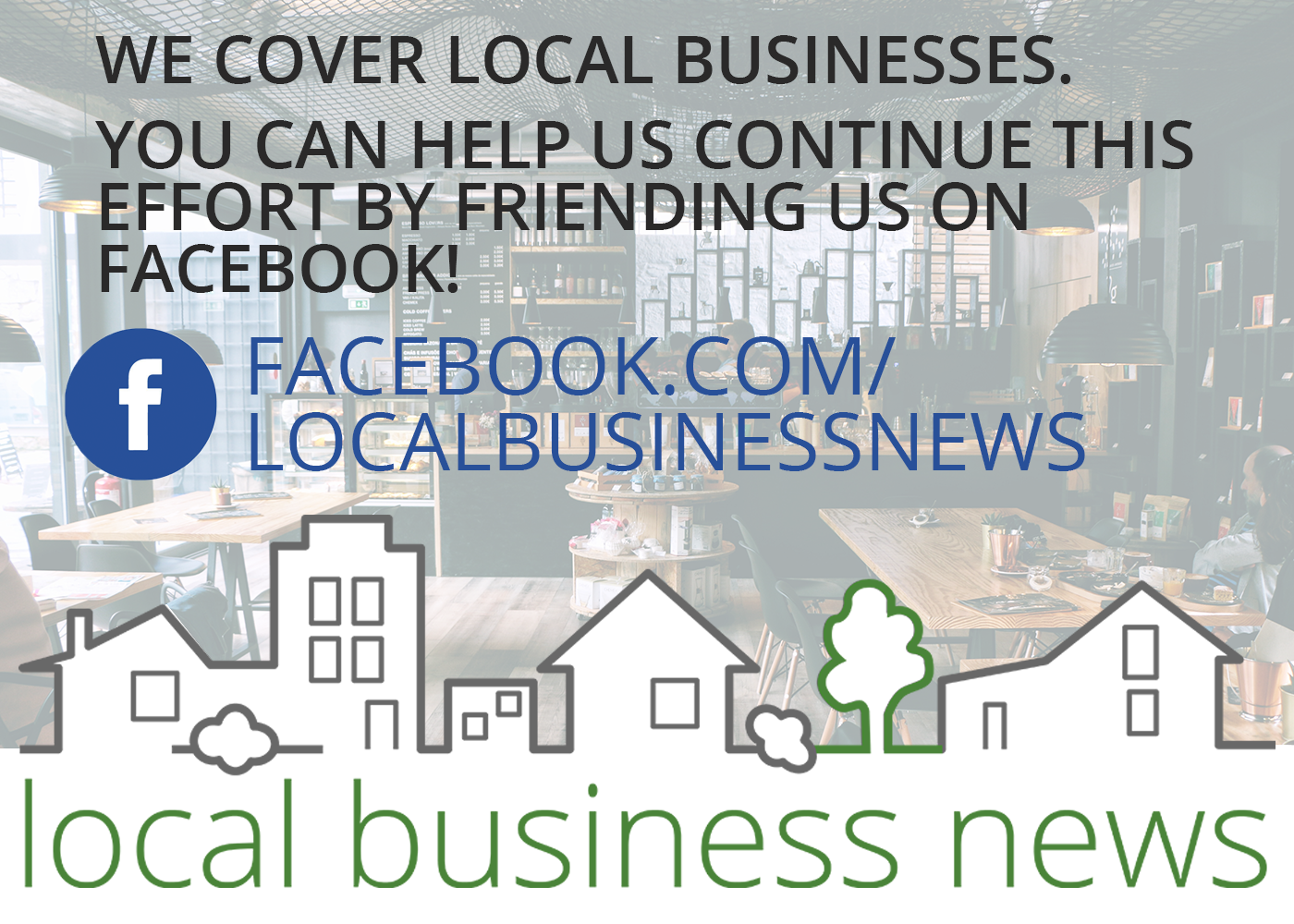
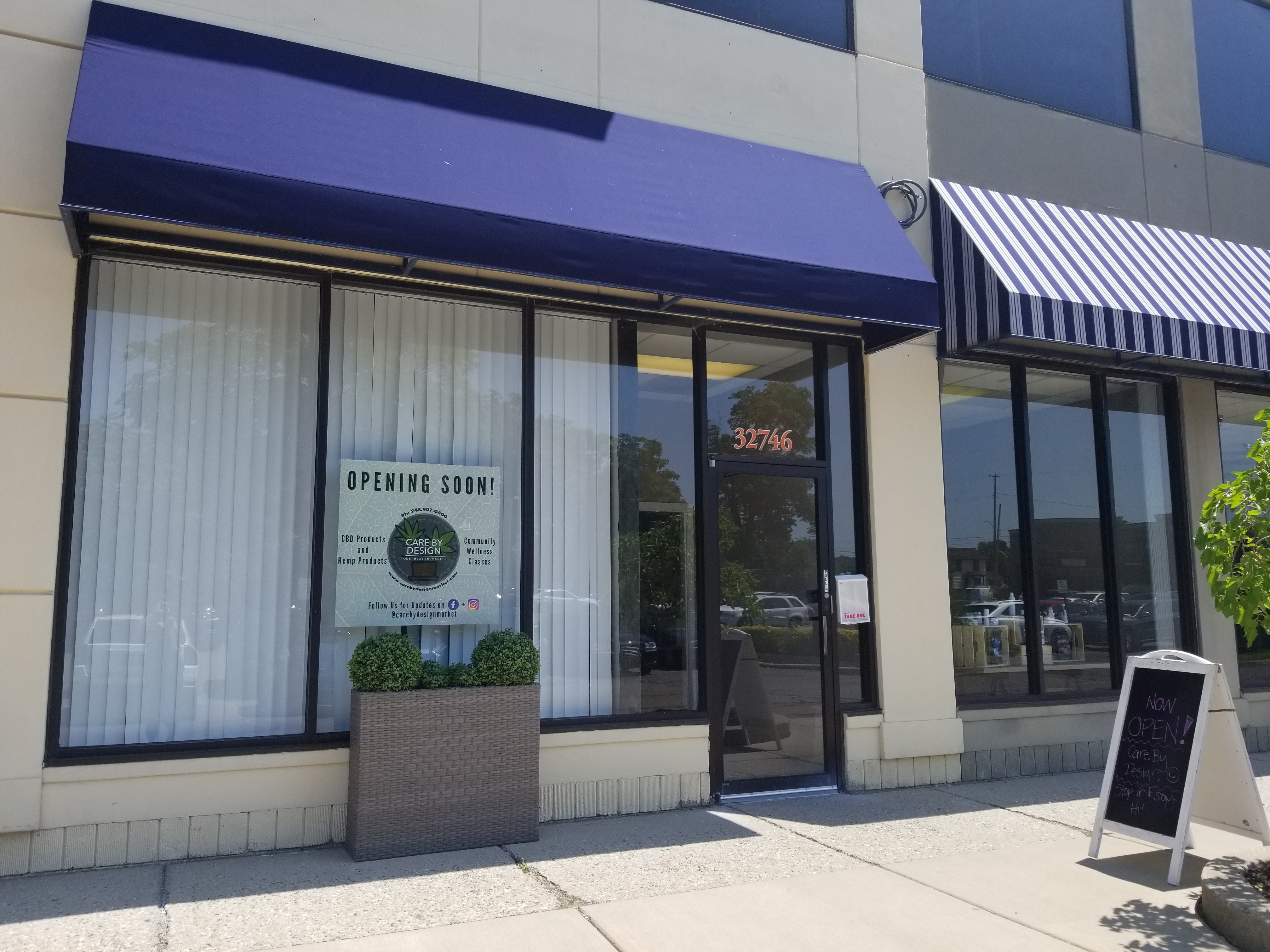

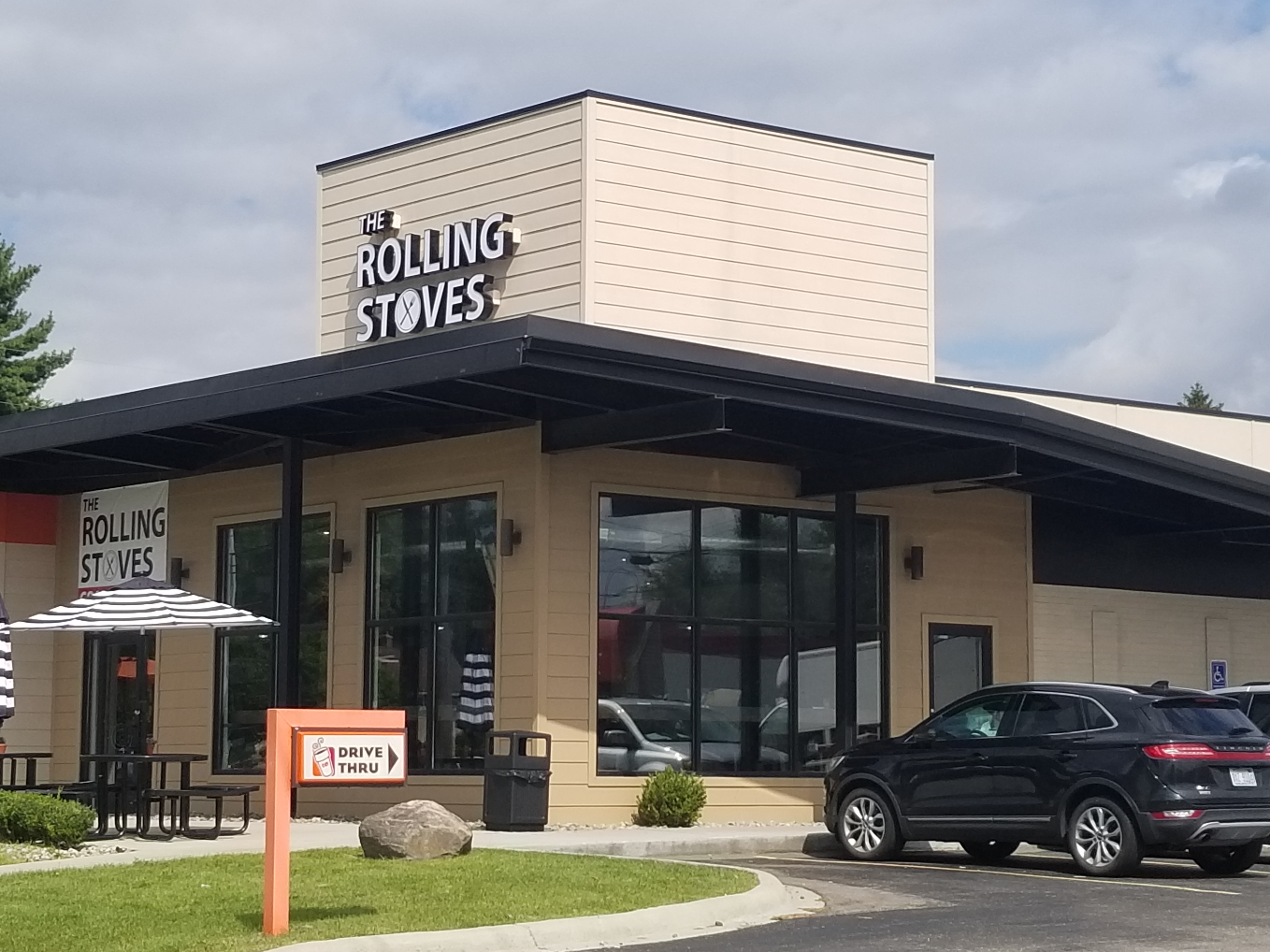




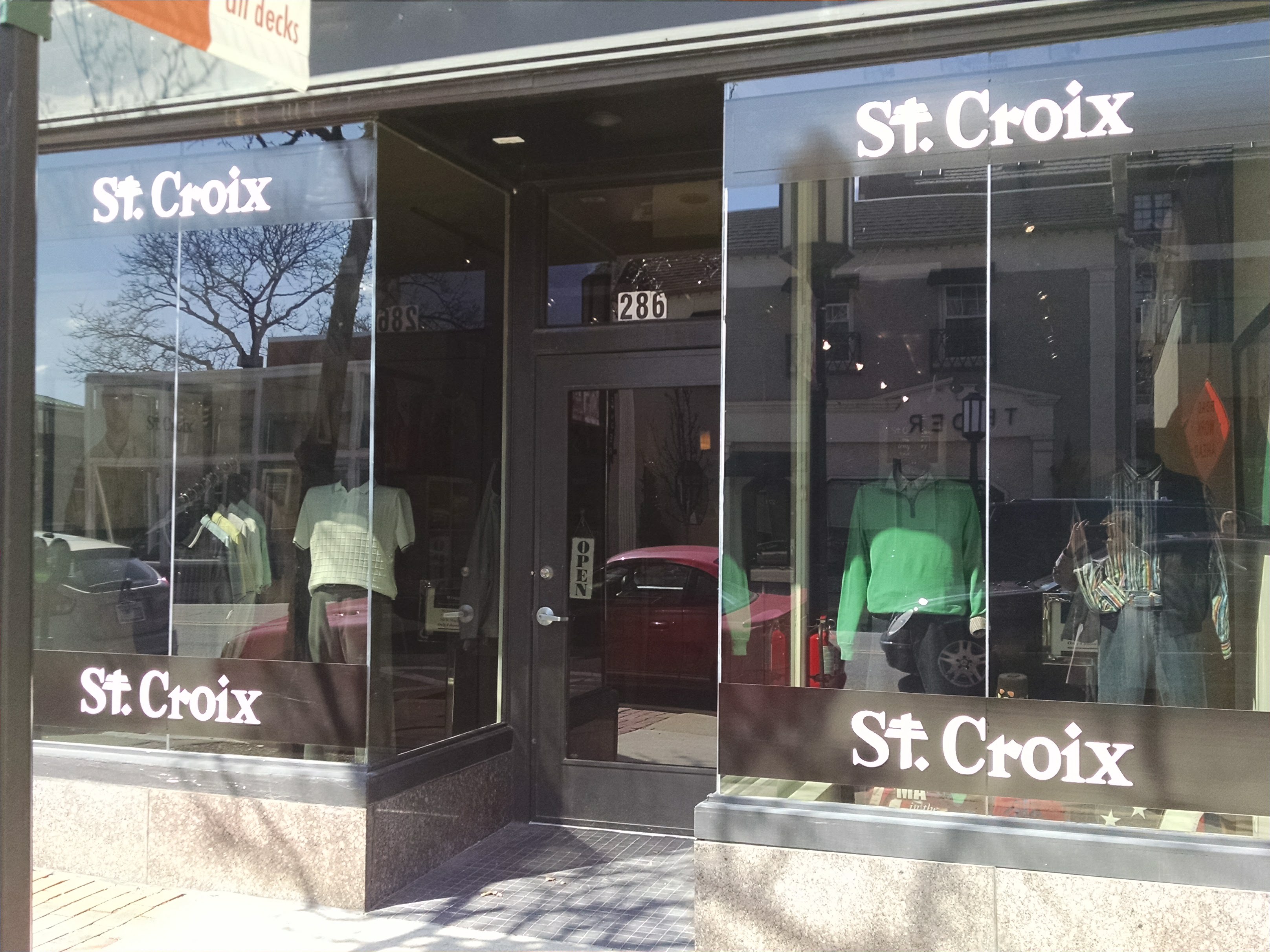


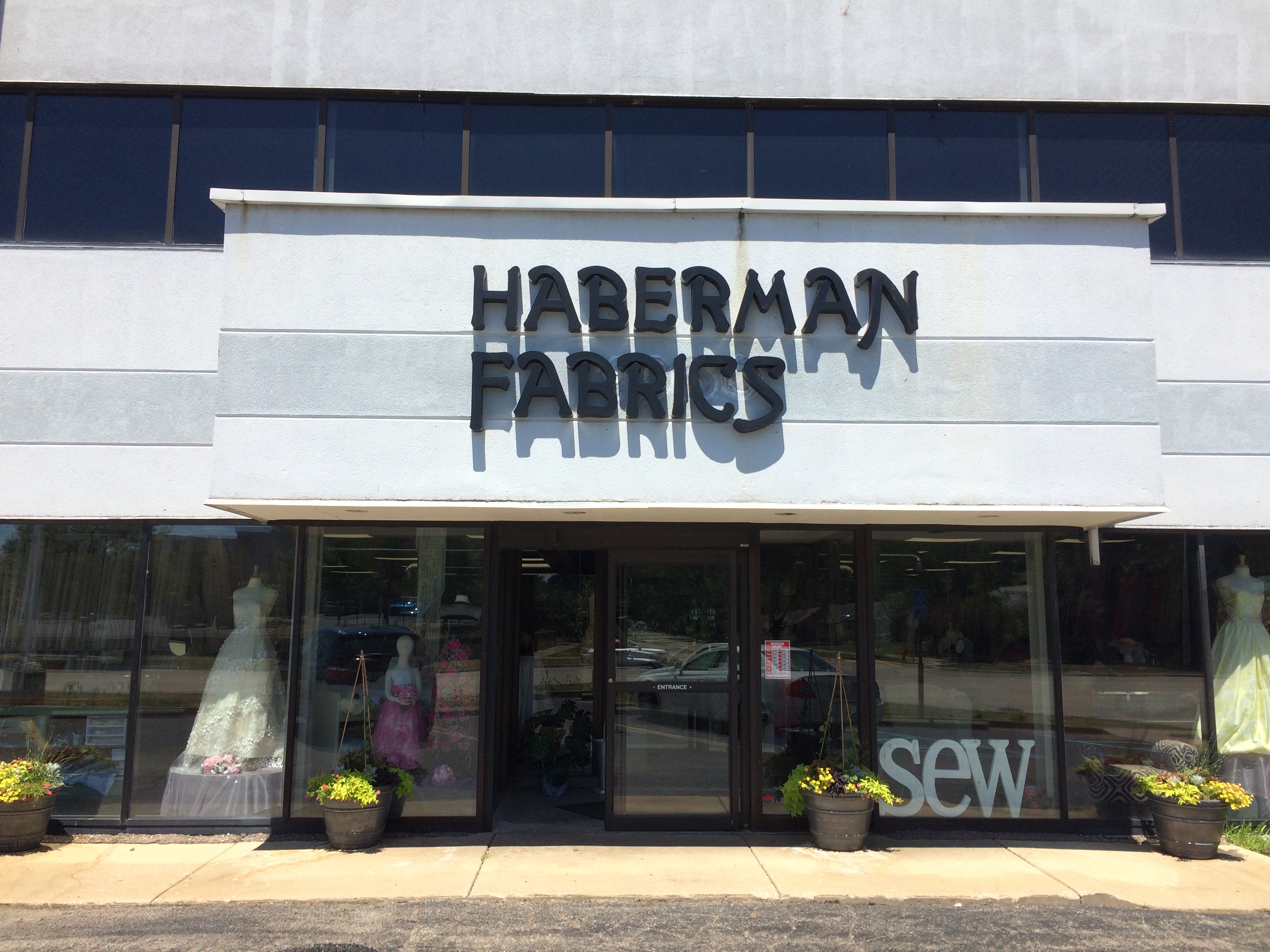
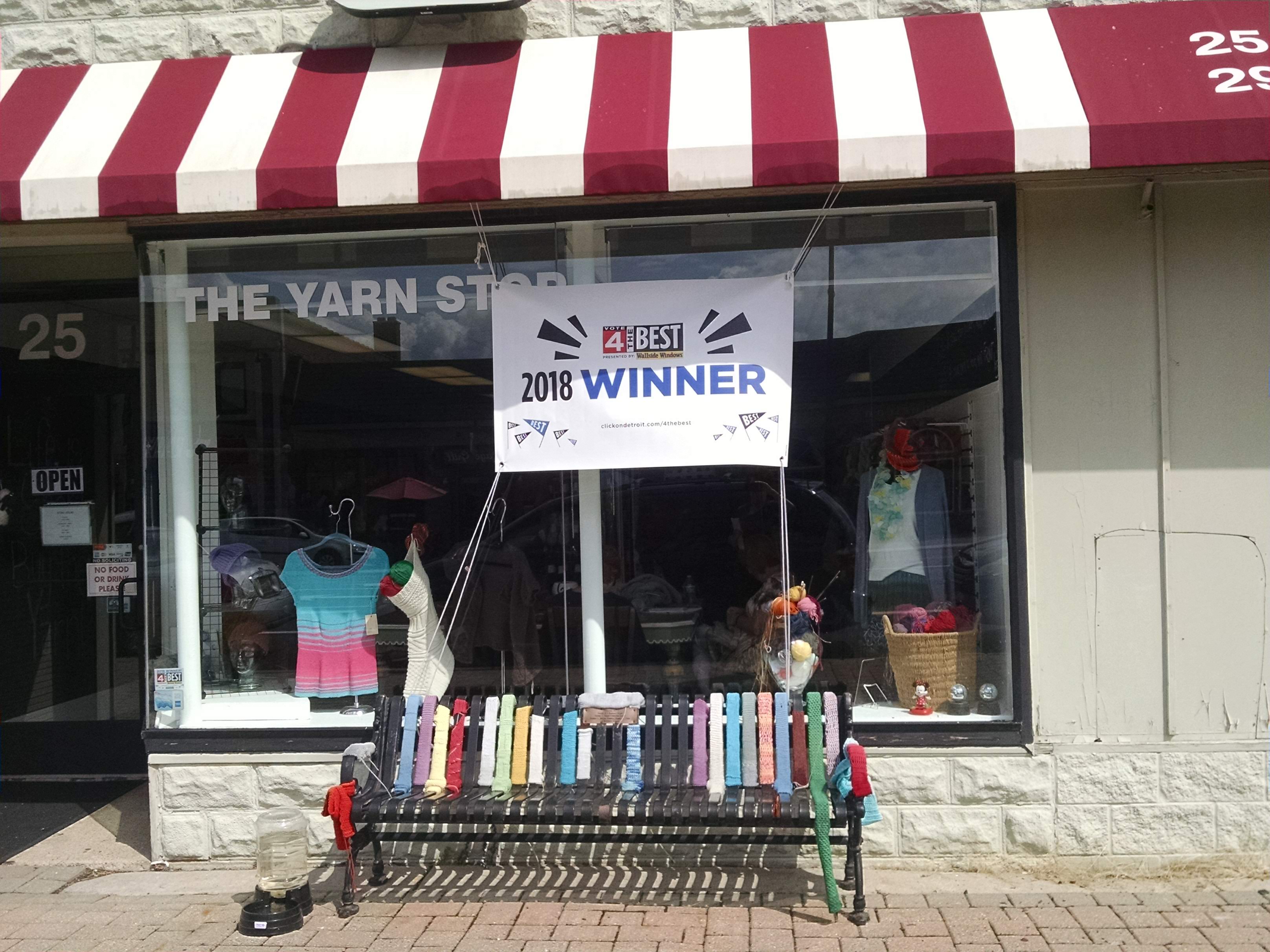

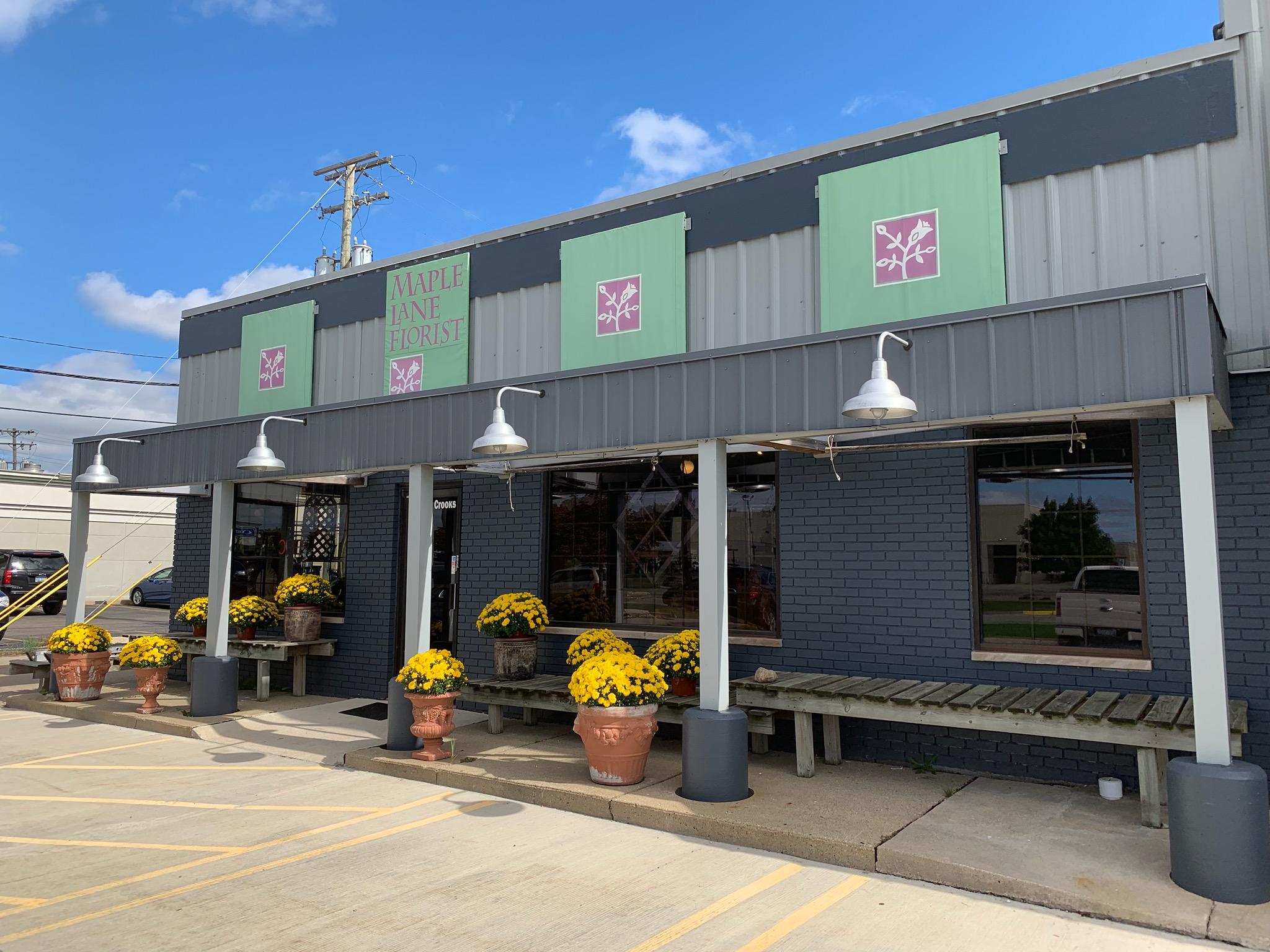












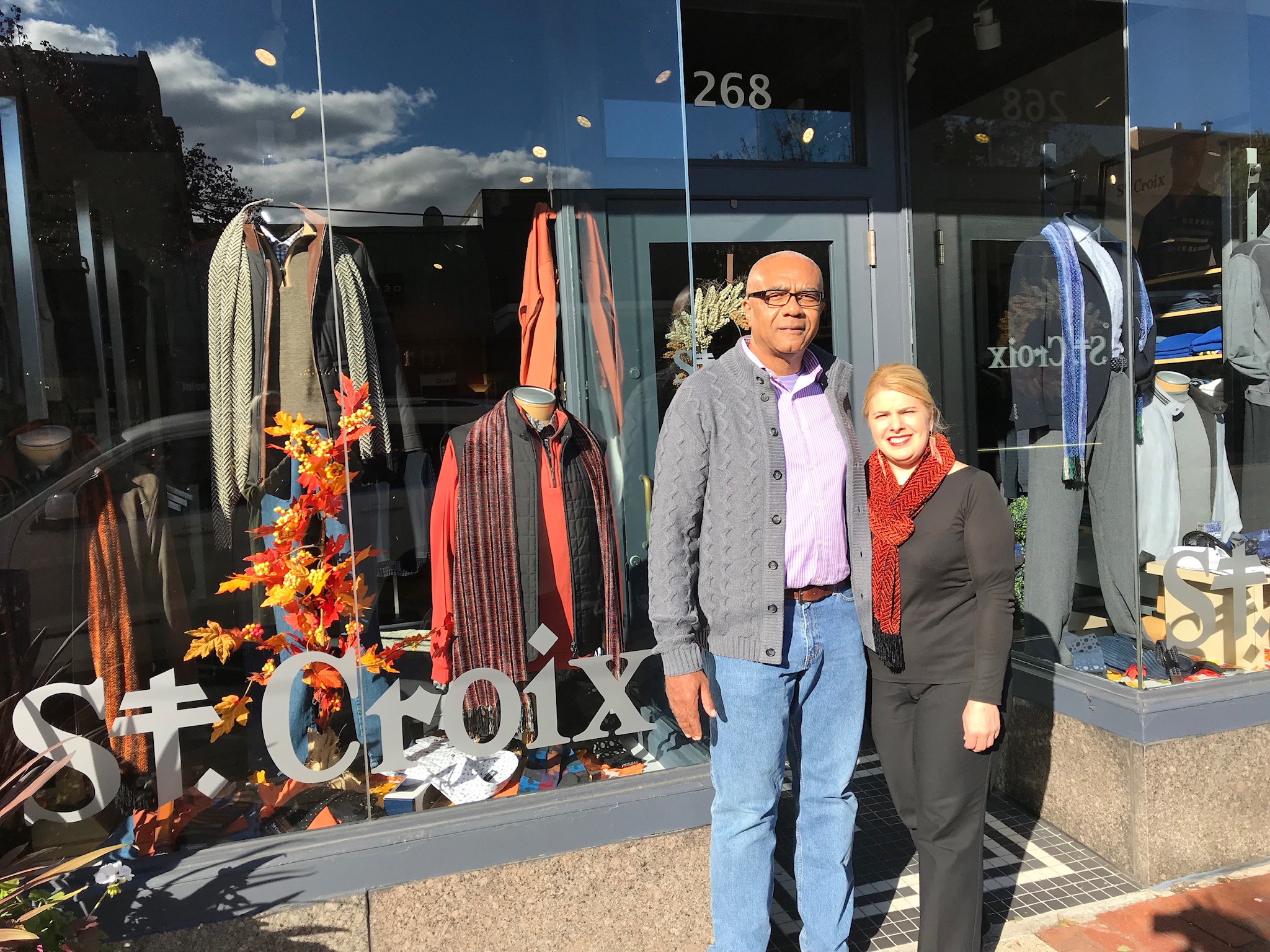











Recent Comments